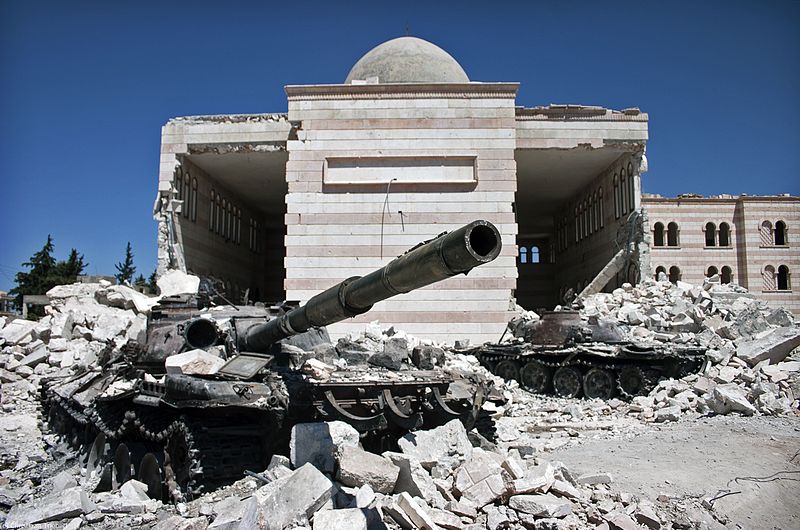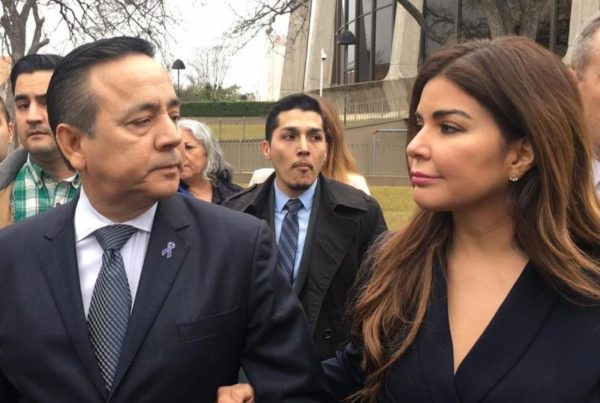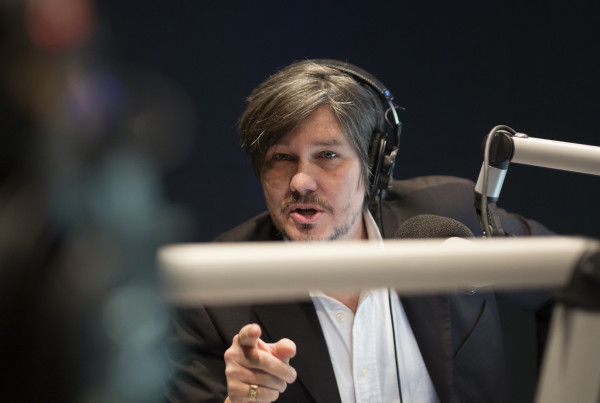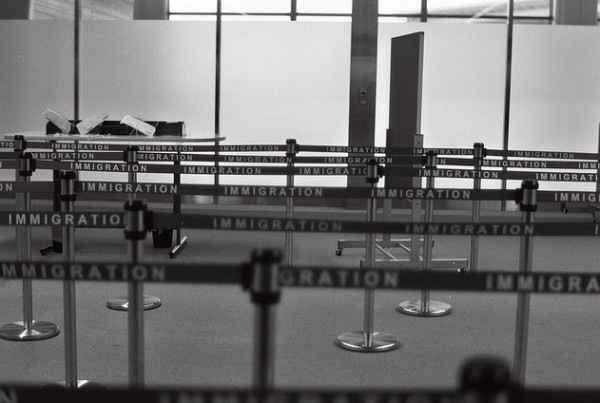The Syrian Civil War has left hundreds of thousands dead and displaced millions of people from their homes. It has bred controversies in countries where the war’s refugees are asking to be let in, a ripple effect that’s been called the worst humanitarian crisis since World War II.
The war began in March 2011 when peaceful protests against the government turned into violent – so far, there’s no end in sight. As one Atlantic article explains it, the war is partly one of “government against people, partly a religious war … and increasingly a proxy war featuring Russia and Iran against the United States and its allies.”
Russian President Vladimir Putin has interest in keeping Syrian President Bashar Assad in power. The United States and President Barack Obama are calling for Assad’s removal.
But yesterday – at least on paper – the U.S. and Russia reached a draft agreement on the “cessation of hostilities” between the Syrian government and opposition groups. The two countries have agreed to act as monitors of the truce.
The ceasefire is slated to start at midnight on Feb. 27, Damascus time. The truce will come into effect only if key players – the Syrian government, opposition forces supported by Saudi Arabia and the Syrian Kurds – acquiesce by noon Feb. 26. The agreement doesn’t include ISIS, the al-Nursa Front and other terrorist organizations.
Michael Mosser, assistant director of the Center for European Studies at the University of Texas at Austin, says this could mean the beginning of Washington and Moscow reaching an agreement on what role Assad should play in the conflict.
Mosser says the Obama administration wants Assad gone, especially if any political solution for Syria is going to be effective. But there’s this enormous roadblock: Assad is not willing to walk away from the war. That could change, Mosser says.
“What I’ve been sort of following and reading in my own analysis is that Russia is putting considerable pressure on Assad to begin the process of thinking about leaving,” Mosser says. “I think Russia sees an endgame here that may in fact occur with Assad out.”
The big tricky question, Mosser says, is who will fill the political vacuum once Assad is no longer in power.
“There are some pretty intense negotiations going on … in both capitals, as to who might take Assad’s place,” he says.
The United States is playing the long game, Mosser says. They’re thinking about not just Syria, but Libya and terrorist organizations acting there. “Syria is really just one theater in a much bigger area of operation,” Mosser says.
Despite what sounds like an end to the conflict, Mosser says we’re nowhere close to a political solution yet.
“A cessation of hostilities is a necessary first step for sure,” he says. “But a political solution is unlikely in this calendar year and possibly not even for the next one.”















